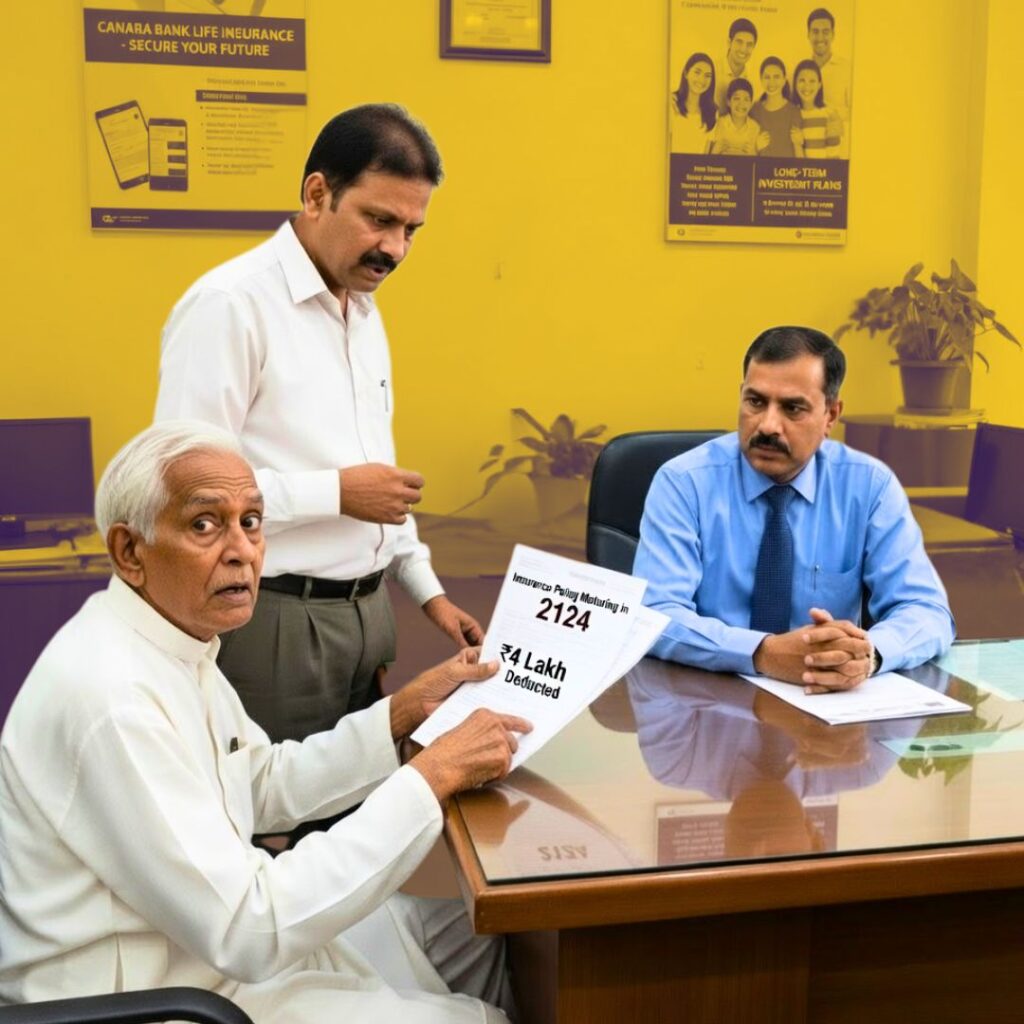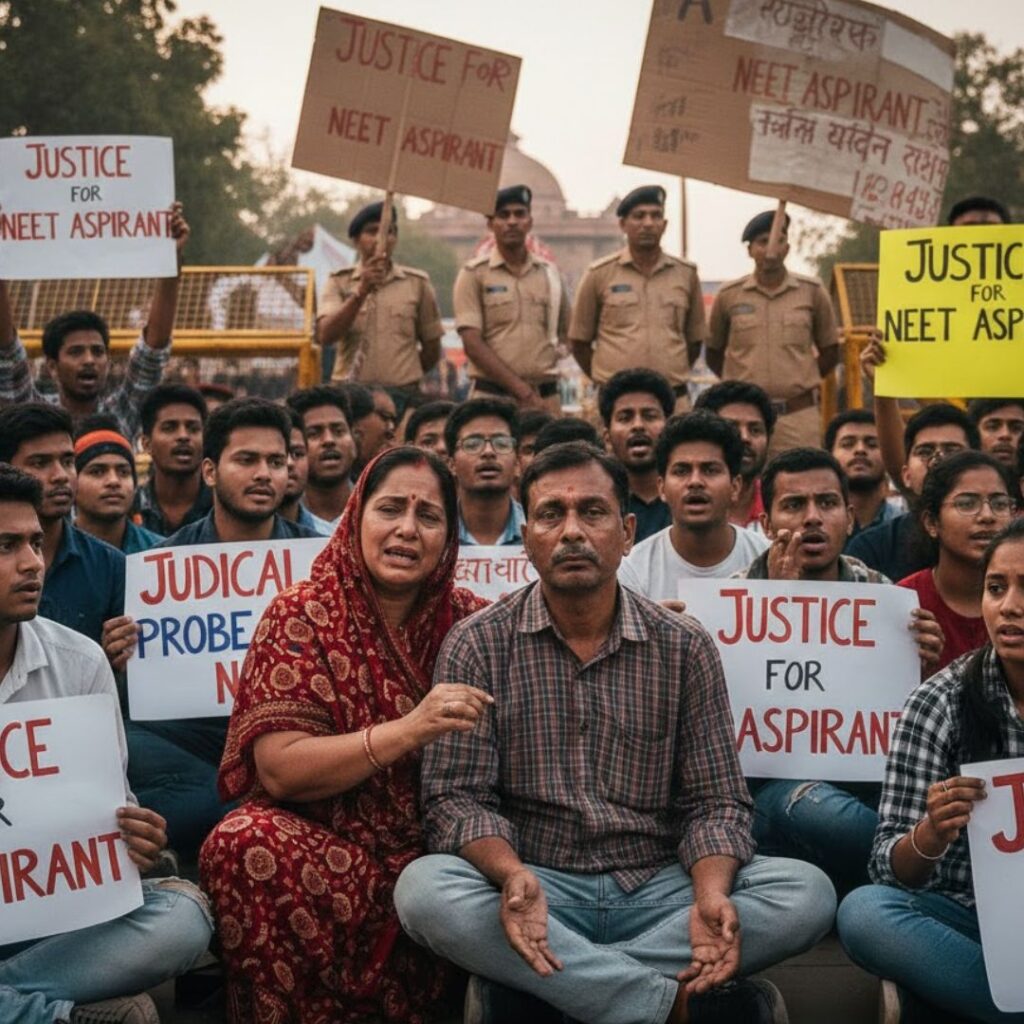A 61-year-old man from Maharashtra named Ashok Gawande, admitted for a leg injury at Deoria Medical College in Uttar Pradesh, was found dead inside the hospital’s water tank on October 6, days after he went missing. This grim discovery exposed grave negligence and security lapses within the hospital.
District Magistrate Divya Mittal’s inspection revealed unlocked and damaged entry doors, absence of CCTV surveillance around critical areas, and disturbing items like liquor bottles on the rooftop.
The hospital principal was removed from duty, and an official inquiry has been ordered. The contaminated water from the tank had unknowingly been consumed by patients and staff for around 10 days, raising health concerns and public outrage. Authorities are investigating possible foul play amid demands for accountability.
Disturbing Discovery and Safety Failures
According to India Today, Ashok Gawande, was admitted to Deoria Medical College on September 27 with a serious leg injury. During his hospital stay, he mysteriously went missing, with hospital staff failing to alert authorities promptly.
His belongings were found on the fifth floor, confirming his presence in the hospital. The decomposed body was discovered inside the hospital’s water tank during cleaning, after repeated complaints about the foul smell of water used by patients and staff. The operation to recover the body, supported by the fire department, lasted six hours due to the state of decomposition.
District Magistrate Divya Mittal’s inspection uncovered severe safety lapses. The entry door to the fifth floor was not locked, its latch was damaged, and there were no CCTV cameras installed around the staircase or the water tank area. Moreover, disturbing signs of neglect surfaced with the presence of liquor bottles and glasses on the rooftop near the tank. Mittal expressed grave concern over these failures, highlighting the hospital’s inability to safeguard even admitted patients and ensure basic security and hygiene.
Consequences and Official Responses
Following the inspection, the hospital principal, Dr. Rajesh Kumar Barnwal, was suspended. Mittal ordered a thorough investigation by a five-member committee to review hospital safety measures, staff conduct, and any possible foul play. Local police are examining CCTV footage from other premises of the hospital and interrogating staff members to ascertain the circumstances surrounding Ashok’s disappearance and death. There is a pressing inquiry into how the patient accessed the restricted water tank area unnoticed.
Beyond the tragedy itself, the fact that contaminated water from the tank had been used by patients and staff for about 10 days before authorities stopped the supply has raised serious health concerns. The hospital is now supplying water via tankers, and a comprehensive sanitisation of the water tank is underway. Relatives and patients have condemned the apparent disregard for patient safety and hygiene standards.
Broader Context and Urgent Reforms
This incident draws attention to wider systemic problems in public healthcare institutions, especially in infrastructure maintenance and security protocols. India has witnessed similar lapses where patient safety was compromised due to inadequate monitoring and poor facility management.
The tragedy at Deoria Medical College urges immediate reforms in hospital safety regulations, including strict enforcement of surveillance, timely reporting of missing patients, and regular audits of infrastructure.
The Logical Indian’s Perspective
This heartbreaking event underscores the critical need for hospitals to provide not only medical treatment but also a safe and dignified environment for every patient. Negligence of this magnitude violates the fundamental trust patients place in healthcare providers.
The Logical Indian advocates for stronger accountability and transparency in public health facilities to prevent such tragedies. Society must push for advancements in healthcare infrastructure, stringent safety protocols, and compassionate care.













